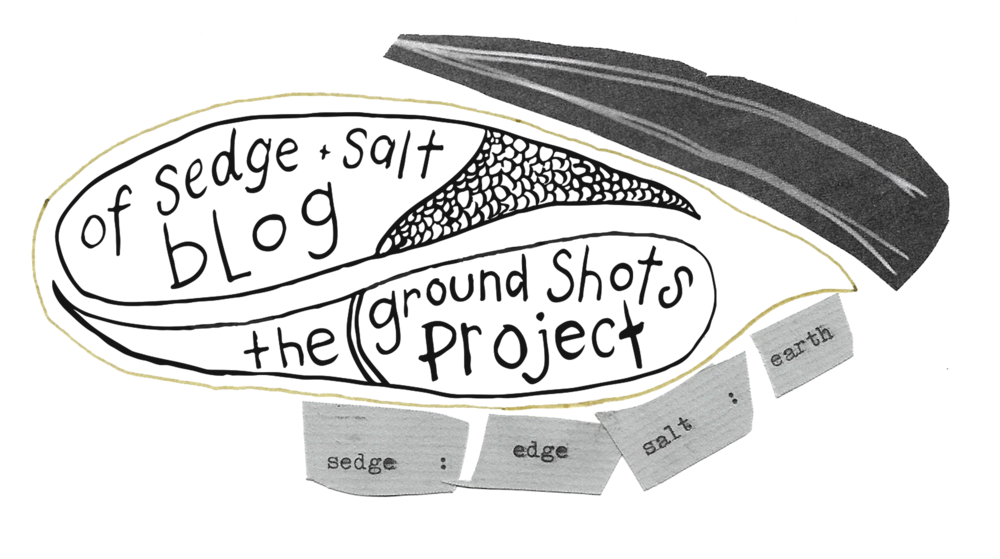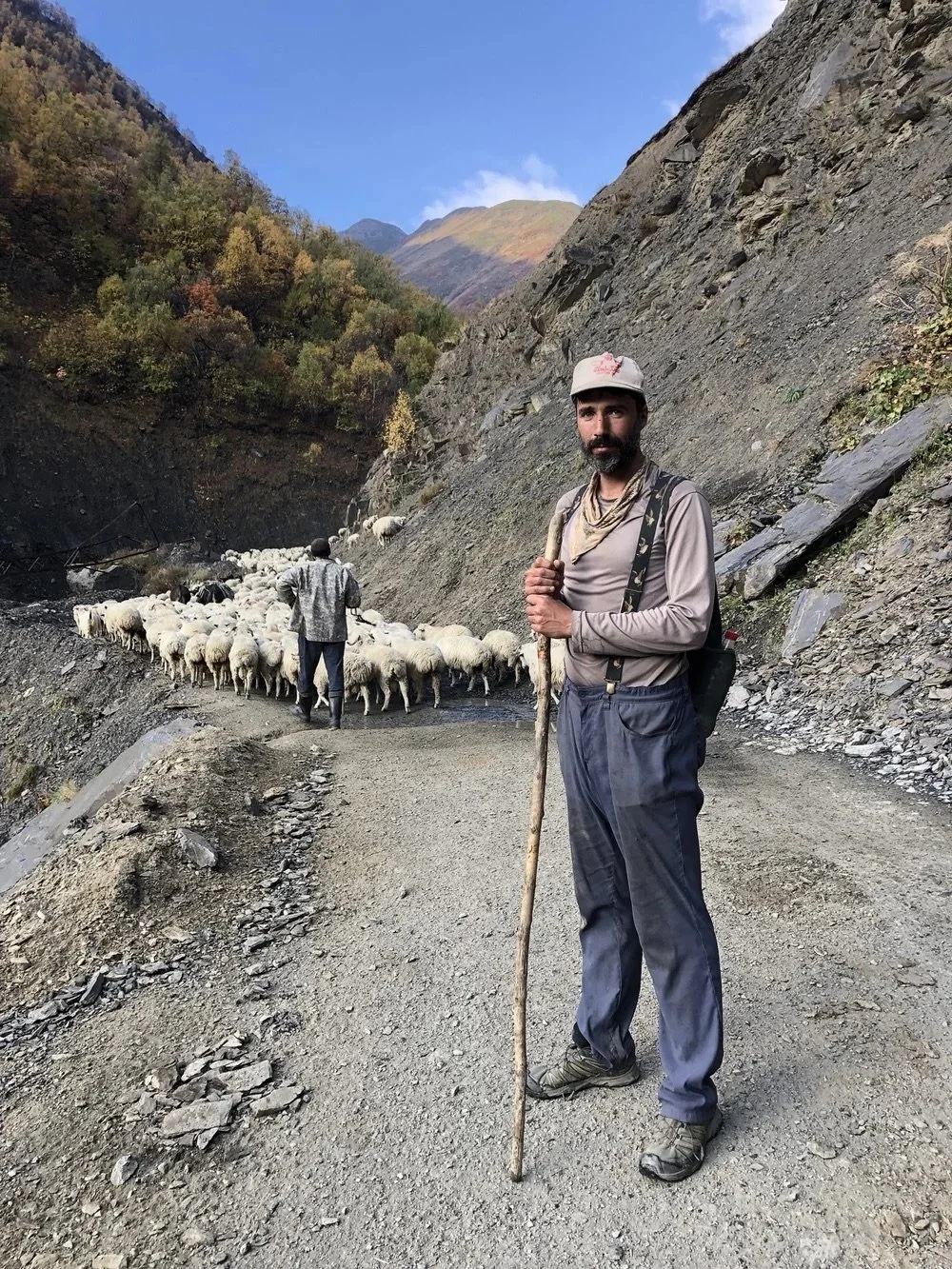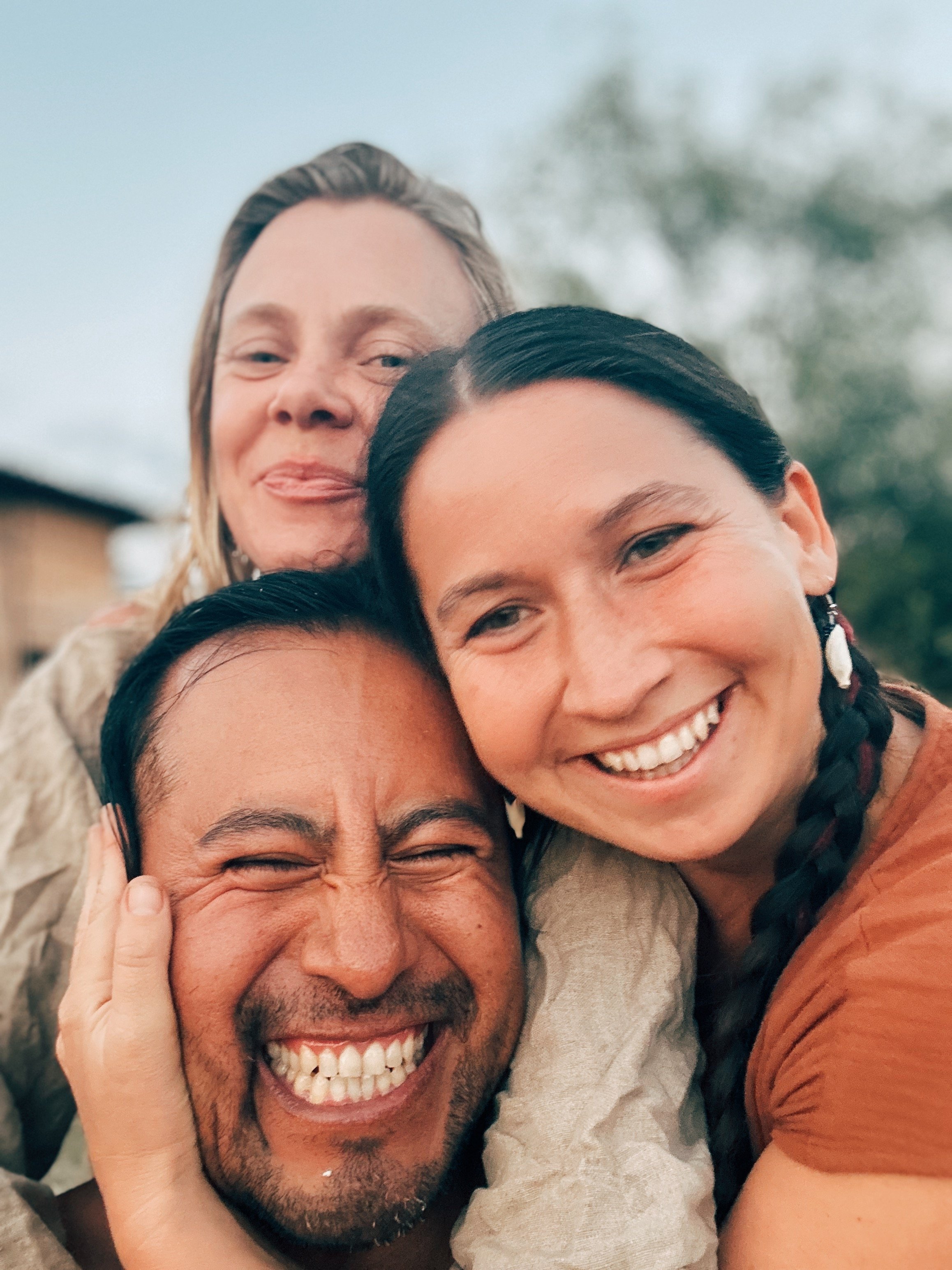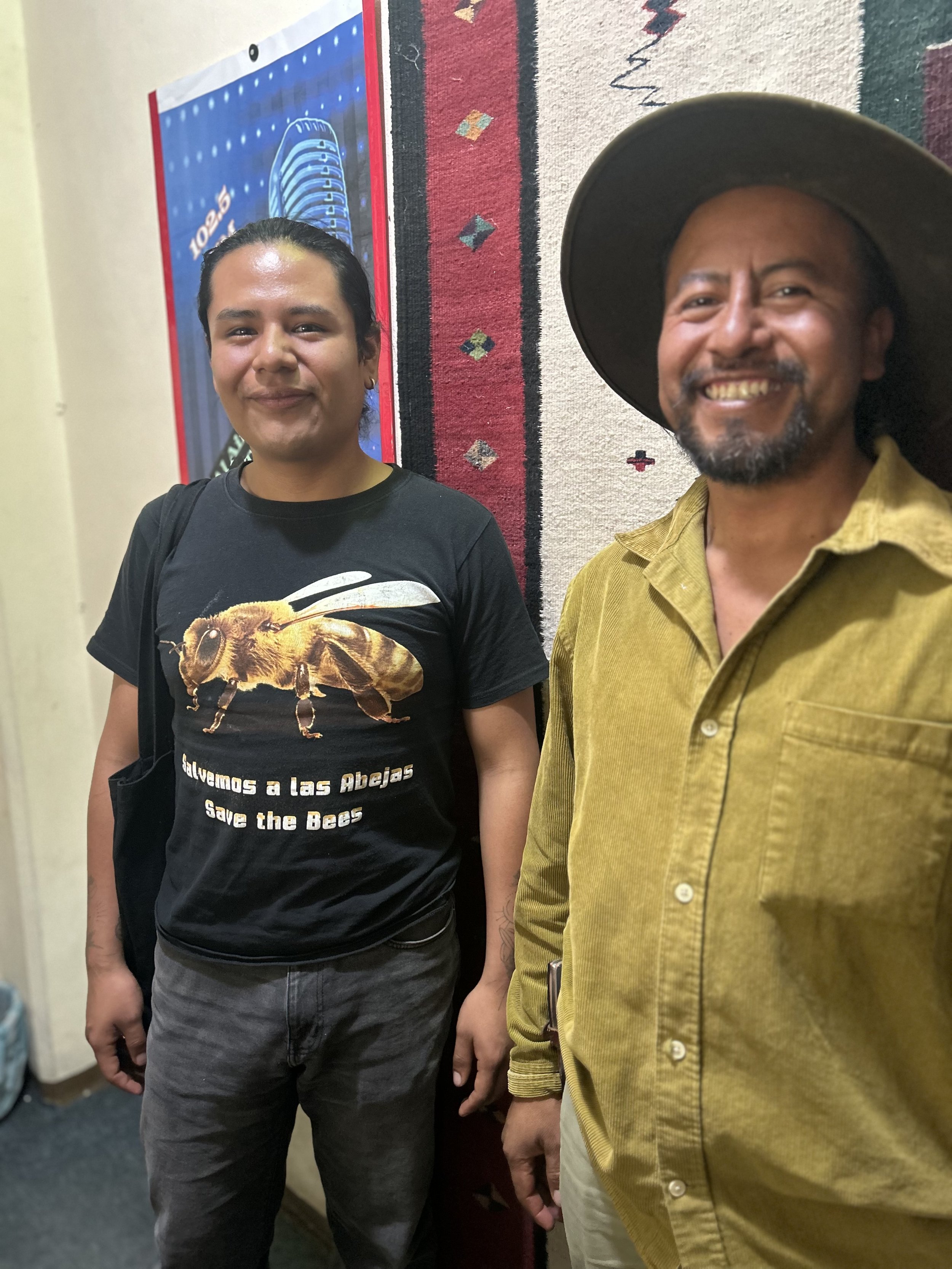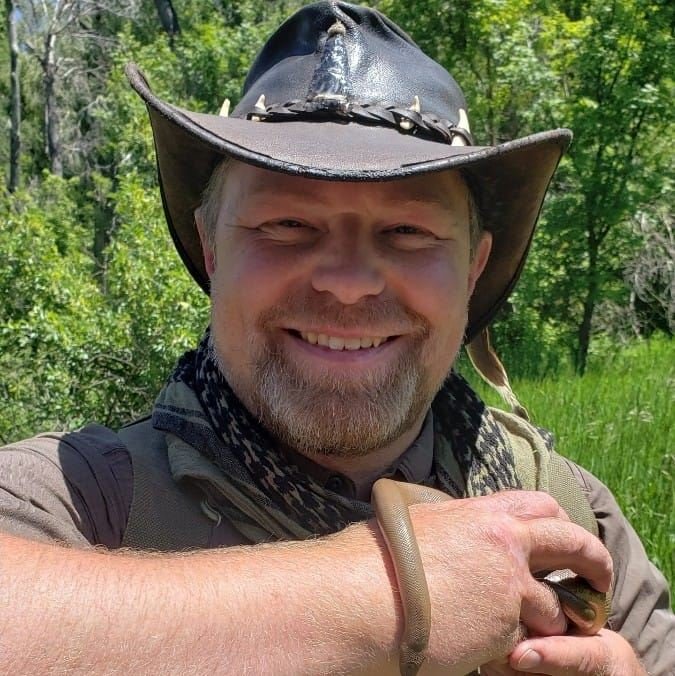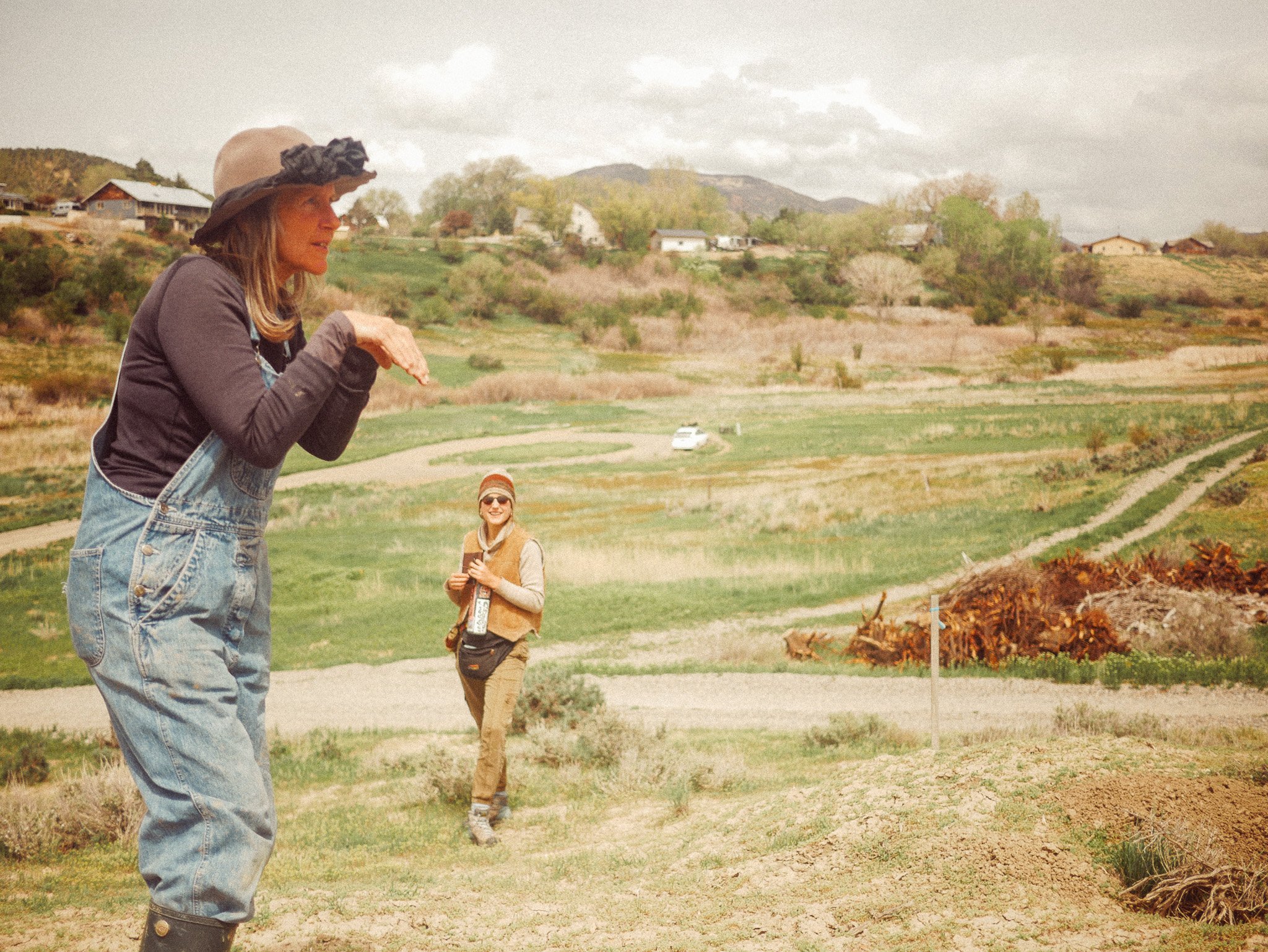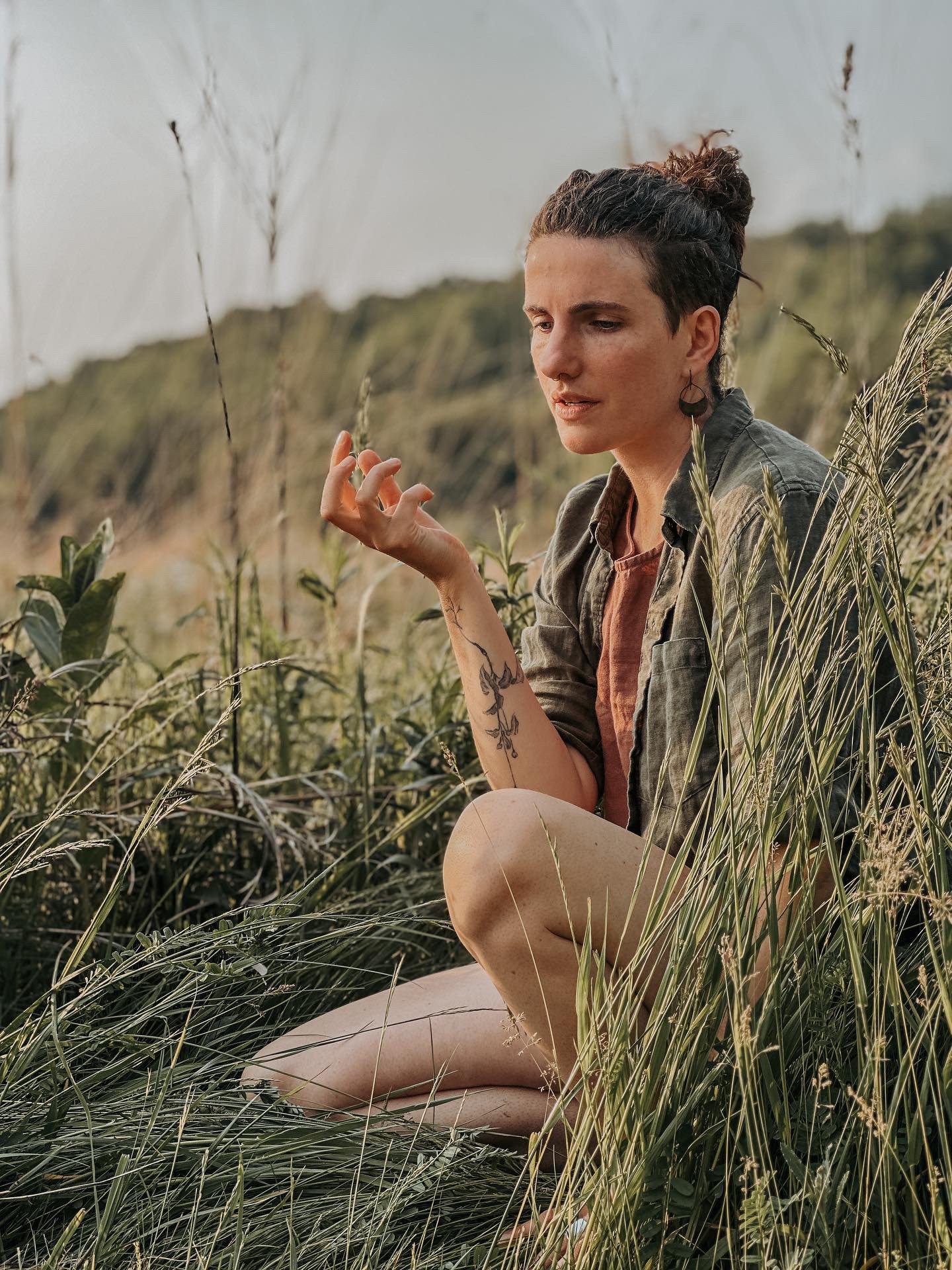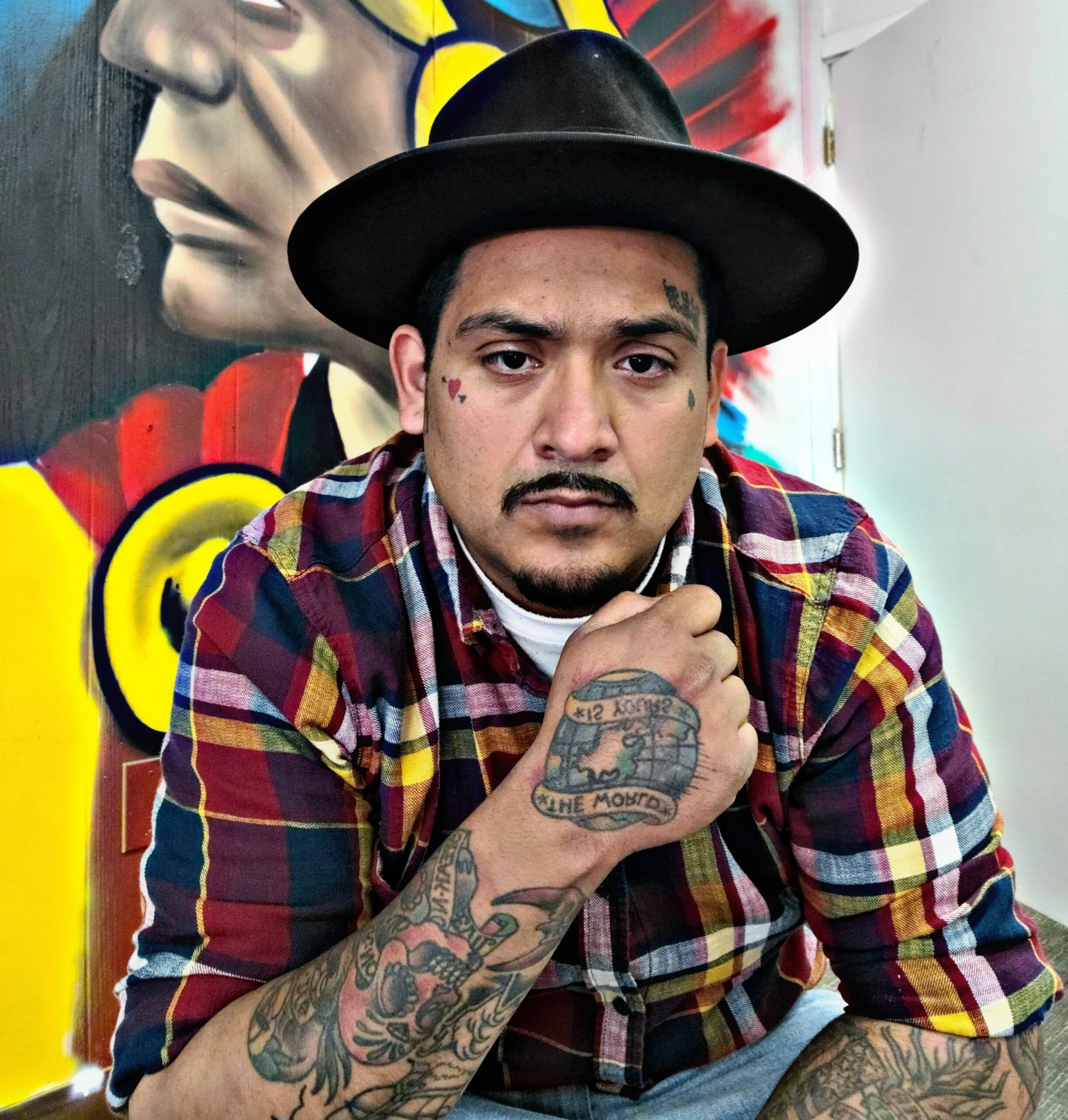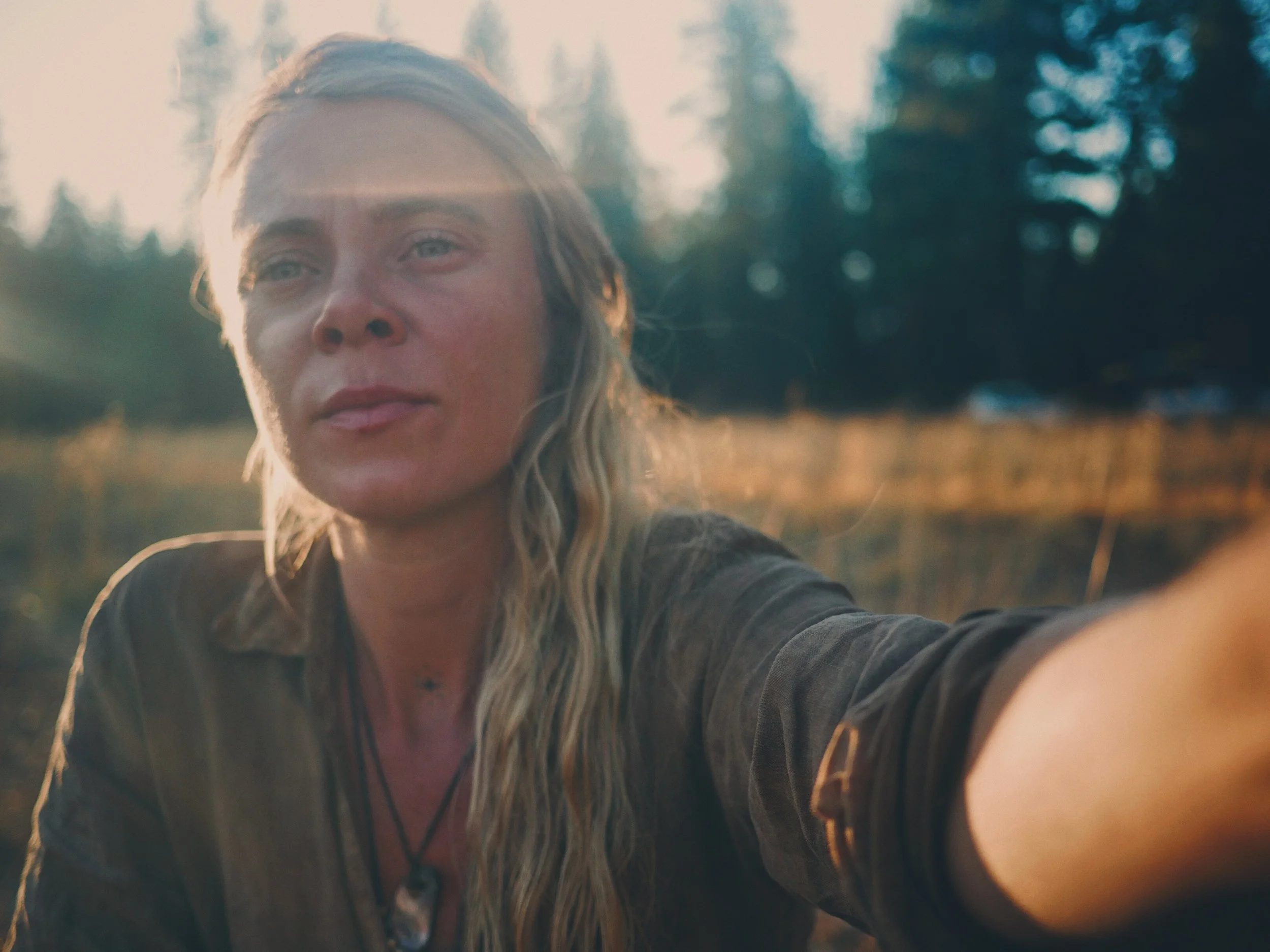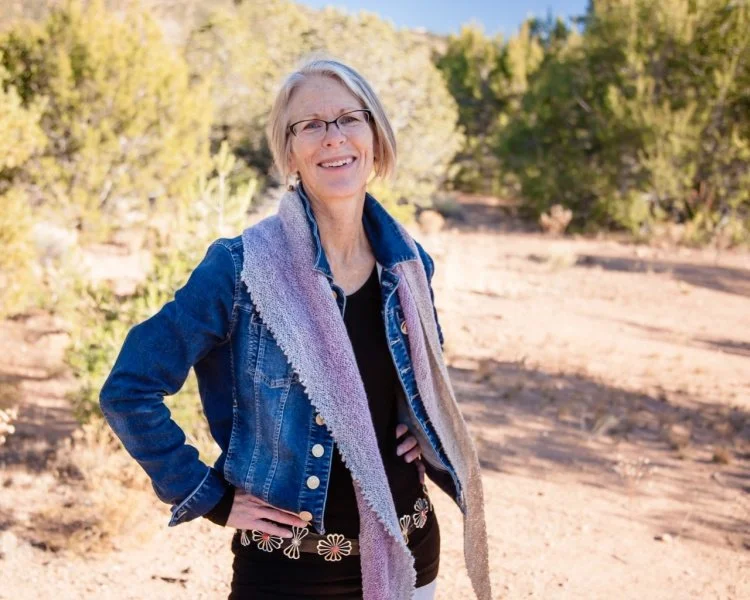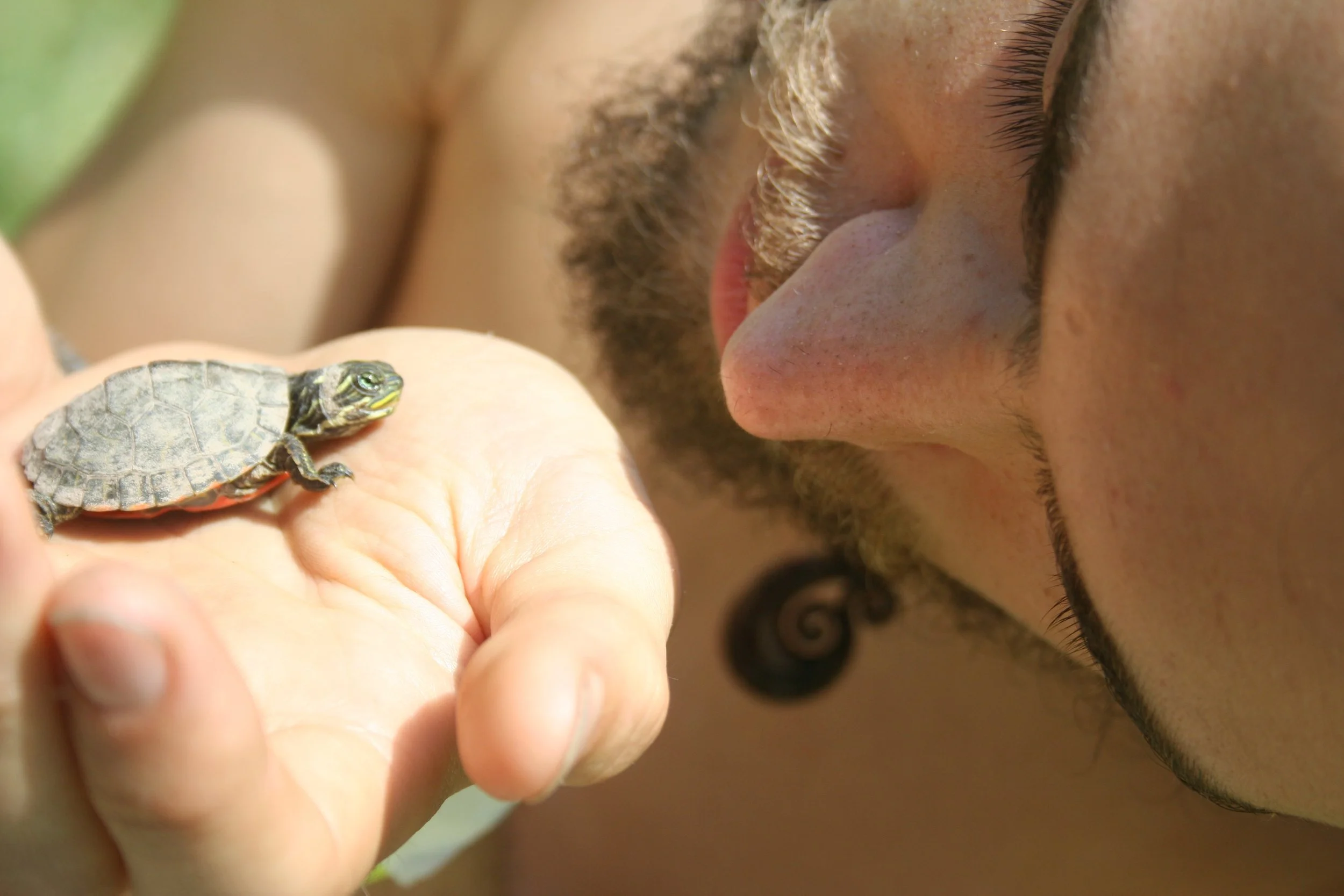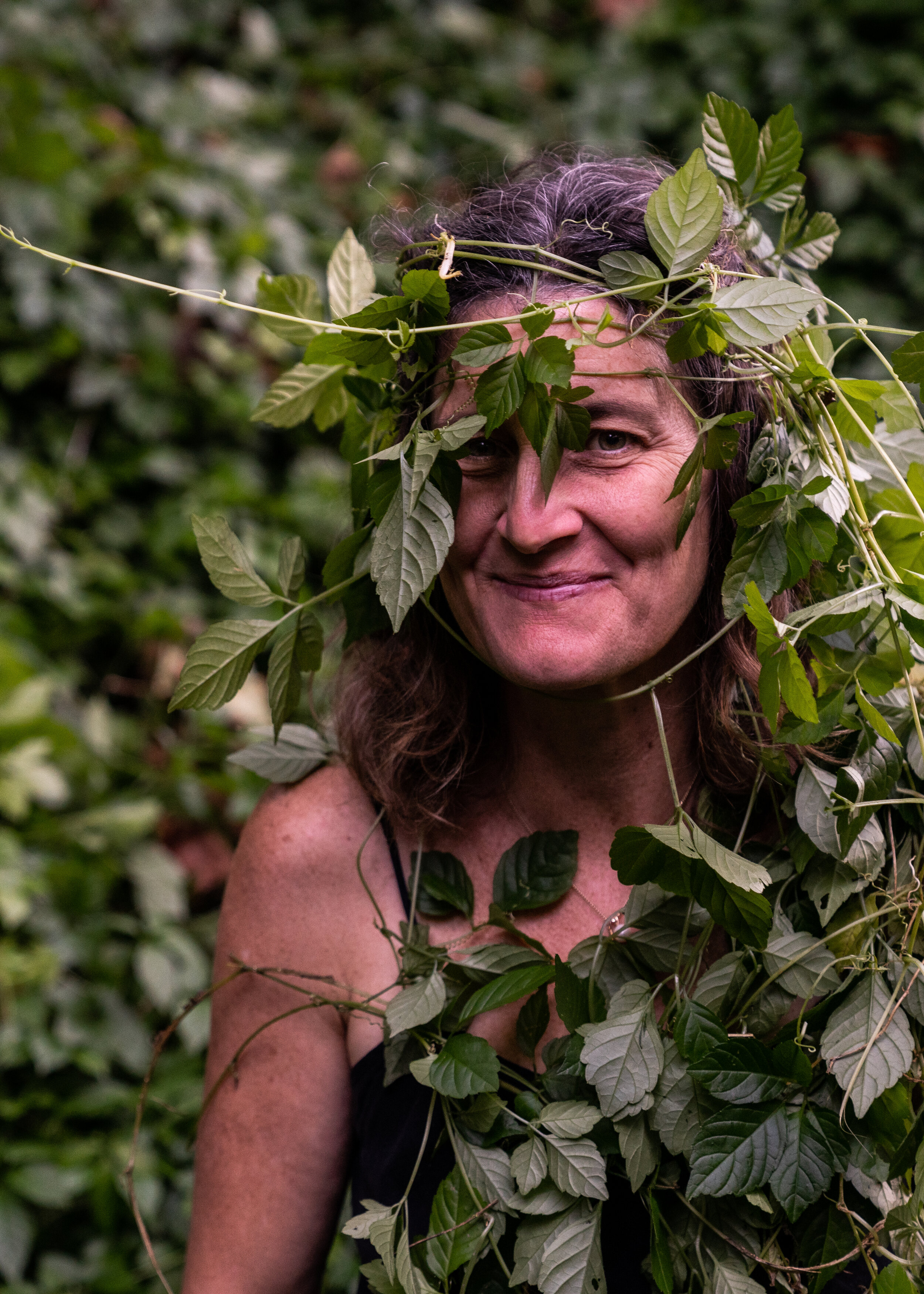Episode #88 of the Ground Shots Podcast is with Trevor Warmedahl, who tuned in to this conversation from Albania where he was mending from a broken leg.
Trevor Warmedahl is a traveler who spends his time documenting the worlds cheesemaking, dairying, and pastoral traditions. In his work as a researcher and cheesemaker, he explores the intersections between traditional and modern practices, from nomadic herders to innovative cheesemakers on the forefront of artisan cheese. He travels on a shoe string budget, volunteering for groups, families, and companies, learning about how they live by working side by side with them. He immerses himself in the lives of people involved in raising dairy animals, and fermenting milk, shoot photo and video, and write about his experiences on his Substack blog called Milk Trekker. He teaches cheesemaking through Sour Milk School, a mobile educational project.
I got to attend Trevor’s Sour Milk School last September in western Colorado, when he taught the class at Cedar Springs Farm. We spent days together making different cheeses from the raw milk produced on the farm, he told stories of his cheesemaking travels and research, and we certainly ate a lot of amazing cheese together. It was one of the highlights of my summer, and hearing Trevor’s perspective, expertise and insights inspired me to delve deeper into my own explorations of the intersections of humans tending animals on landscapes and making cheese as a part of the distillation of that relationship.
In this episode of the podcast, we talk about:
shoutout to Albanian heathcare!
Trevor’s nomadic cheesemaking journey and work
Old ways of making cheese, fermenting milk and working with animals are diverse and a reflection of land relationship
What Sour Milk School is and what motivated its beginnings
Trevor’s new book “Cheese Trekking’
the interconnection between material culture and people’s cheesemaking practices
milk invokes strong emotions in people, often fear
the link between pastoralism and its antithetical push against homogenization
nomadic cultures, transhumance, and ecological mosaics
the resurgence of interest in pastoralism in colonial countries that have lost more of these ways and the sense of impending doom in countries where the lifeway is now dwindling
pastoralism is a way out of modern industrial paradigm
cultural bias against goats and what they represent, do, and yet they have allowed humans to live in harsh environments not as dependent on empire
the politics of rennet and the necessity of death in milk fermentation and cheese-making
